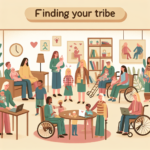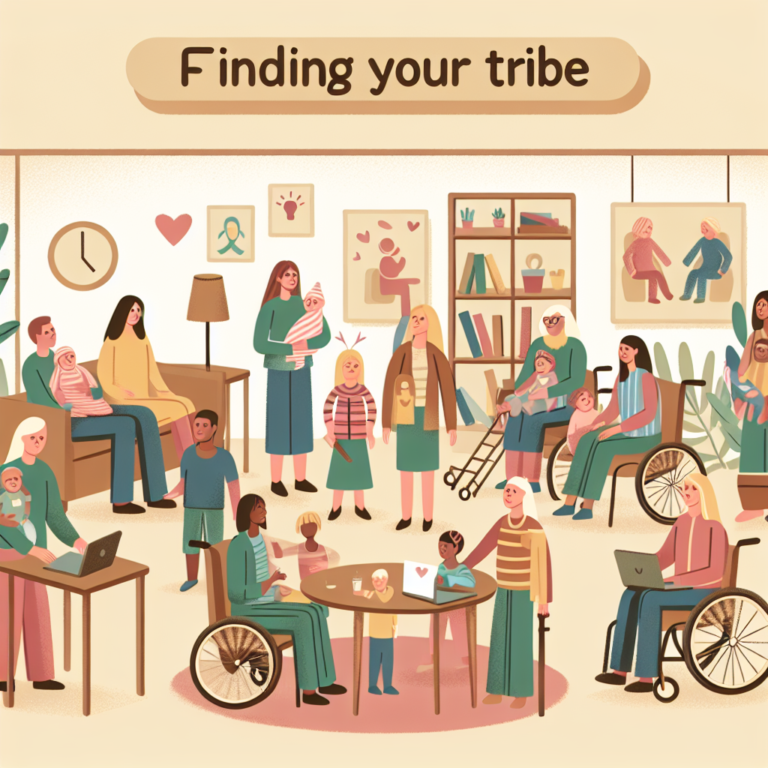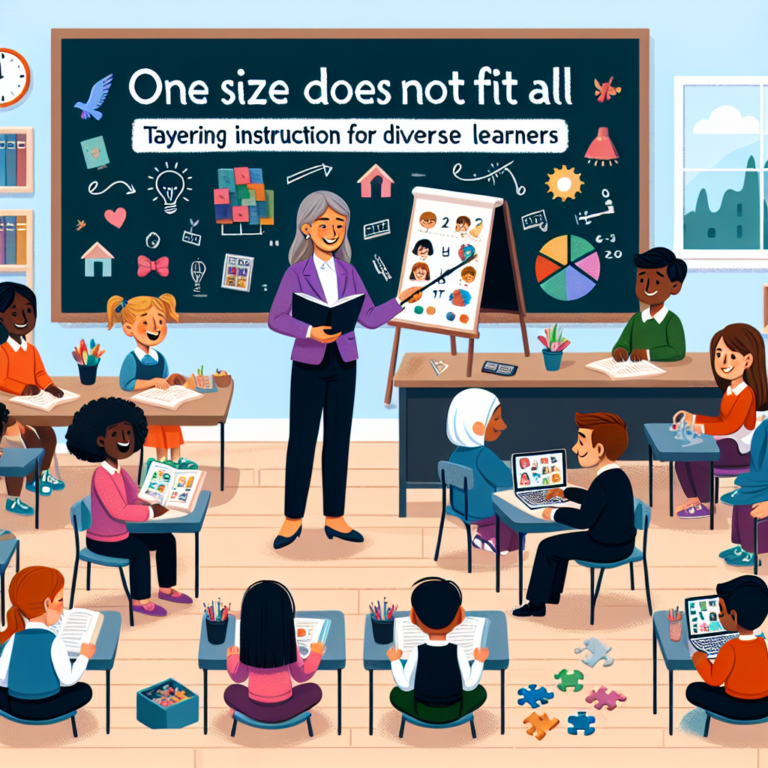
Embracing the Journey: Understanding Grief Stages and Practical Ways to Cope
Introduction
Grief is a universal experience, yet it remains deeply personal. Each journey through sorrow is as unique as the individual navigating it. As we face loss—whether it be the death of a loved one, the end of a relationship, or even the loss of a dream—understanding the stages of grief can provide solace and clarity. Embracing the Journey: Understanding Grief Stages and Practical Ways to Cope encapsulates the essence of navigating grief.
In this article, we will explore the various stages of grief, delve into effective coping strategies, and provide inspiring insights that will help you or your loved ones on this challenging path.
Understanding the Stages of Grief
The Kübler-Ross Model
The most well-known framework for understanding grief is the Kübler-Ross model, which outlines five stages: denial, anger, bargaining, depression, and acceptance. While not everyone experiences these stages in a linear fashion, awareness of them can act as a roadmap through the emotional terrain.
- Denial: This initial reaction serves as a shock absorber, providing a buffer against the overwhelming reality of loss.
- Anger: As the reality begins to set in, feelings of frustration and helplessness may surface.
- Bargaining: In this stage, individuals may find themselves negotiating with fate—asking "What if?" and "If only…"
- Depression: This stage often manifests as deep sadness and withdrawal from life’s activities. It’s important to recognize this feeling as a natural response to grief.
- Acceptance: The final stage involves coming to terms with the reality of loss. Acceptance does not imply forgetting but rather finding a way to move forward.
Case Study: Navigating Grief After a Parent’s Death
Consider Sarah, who lost her father unexpectedly. Initially, she felt numb, refusing to believe he was gone (denial). As reality set in, feelings of anger flared—she questioned why it had to happen (anger). In her solitude, she often thought about how she could have changed the past (bargaining). This eventually led to deep sadness (depression). However, over time, she began to celebrate her father’s life, finding joy in memories (acceptance).
| Stage | Symptoms | Coping Strategies |
|---|---|---|
| Denial | Numbness, confusion | Talk to a friend, journaling |
| Anger | Irritability, frustration | Physical activities, meditation |
| Bargaining | Guilt, persuasion (self-talk) | Therapy, support groups |
| Depression | Sadness, isolation | Seek professional help, self-care rituals |
| Acceptance | Hope, connection | Engage with supportive communities |
Practical Coping Strategies
While understanding the stages of grief is crucial, practical coping methods can empower individuals to navigate their journeys more effectively. Here are some essential strategies:
1. Create a Grief Journal
Writing can be a therapeutic outlet. Encourage expressing emotions, recounting memories, and reflecting on the grieving journey. A grief journal serves as a private space to articulate feelings without judgment.
2. Seek Support
Connection with others is vital. Whether through support groups, therapy, or simply leaning on friends and family, sharing your sorrow can lighten the burden. Try to:
- Attend support groups that specialize in grief.
- Connect with others who have experienced similar losses.
3. Establish Routines
Grief can disrupt daily life. Establishing a routine can provide a sense of normalcy and control. Incorporate activities that foster self-care and healing, such as:
- Morning walks
- Regular meals
- Scheduled times for relaxation
Case Study: Finding Strength in Community
James, who lost his partner, sought solace in a local grief support group. Initially hesitant, he found that sharing his story with others who knew the pain of loss made him feel less isolated. Over time, he formed lasting friendships that helped him heal.
4. Explore Creative Outlets
Engaging in creative activities can be a profound way to process grief. Consider:
- Painting or drawing
- Writing poetry or stories
- Playing an instrument
Creative expression can provide a therapeutic channel for grief.
5. Practice Mindfulness and Meditation
Mindfulness encourages living in the moment. This can be particularly beneficial during grieving periods. Techniques include:
- Deep-breathing exercises
- Guided meditations focusing on self-compassion
- Yoga for relaxation
Each practice can help in grounding yourself amidst emotional turmoil.
Navigating Grief During Special Occasions
Holidays and anniversaries can trigger deep emotional responses. Here are some strategies to cope during these challenging times:
Plan Ahead: Anticipating these events can help you to mentally and emotionally prepare. Choose how you want to spend the day.
Create New Traditions: Consider establishing new rituals to honor the memory of your loved one. This can be as simple as lighting a candle or dedicating a meal to their memory.
- Reach Out: Don’t hesitate to share your feelings with friends or family. They may also be grieving and might appreciate discussing memories together.
Case Study: Honoring Tradition
When Maria lost her mother, Christmas was particularly difficult. She decided to honor her mother’s memory by cooking her favorite holiday recipes and inviting family over. This not only kept her mother’s spirit alive but also transformed the day into a celebration rather than just a reminder of loss.
Embracing Your Grief Journey
The journey through grief is personal, and each person’s experience is unique. Embracing this journey means allowing yourself to feel—whether that’s sadness, joy, or anything in between. Here are some final thoughts on how to embrace the journey:
1. Recognize Your Feelings
Don’t shy away from your emotions. Acknowledge what you’re feeling, whether sadness, anger, or even relief. Validating your feelings is the first step in processing them.
2. Give Yourself Permission to Grieve
There’s no right or wrong way to grieve. Allow yourself the space and time to navigate through each stage.
3. Seek Professional Help When Needed
If your grief feels insurmountable, do not hesitate to seek professional help. Therapists and counselors can provide valuable tools and perspectives that can facilitate healing.
Conclusion
Embracing the Journey: Understanding Grief Stages and Practical Ways to Cope provides a framework for anyone navigating the complexities of grief. By understanding the stages of grief and employing effective coping strategies, you can transform your journey from one of mere survival to one of healing and growth.
In moments of sorrow, remember: it’s okay to grieve, and you’re never alone. Each step you take in this process is a testament to your resilience and love.
FAQs
1. What are the five stages of grief?
The five stages are denial, anger, bargaining, depression, and acceptance, according to the Kübler-Ross model.
2. How long does grief last?
Grief is an individual experience, and there is no set timeline. It can range from a few months to several years, depending on various factors.
3. Is it normal to feel angry during grief?
Yes, anger is a natural response to loss and should be acknowledged as part of the grieving process.
4. Can I help someone else who is grieving?
Absolutely! Being present, listening, and encouraging them to share their feelings are great ways to provide support.
5. When should I seek professional help for grief?
If feelings of grief become overwhelming or interfere with daily life, it may be beneficial to consult a professional.
By understanding grief and fostering supportive practices, we can transform our experiences into journeys of healing while honoring the memories of those we have lost. Embrace your journey with compassion and patience—your future self will thank you.

















